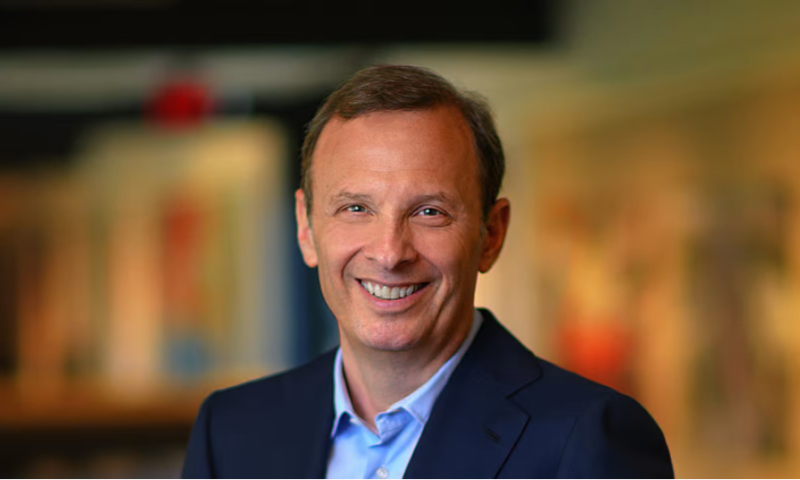The Odyssey Therapeutics story is progressing quickly. Ten months after disclosing a $218 million series A, the Gary Glick-helmed biotech is back with another mega round as it prepares to push candidates into clinic-enabling studies next year.
Glick, Ph.D., who made his name setting up and running biotechs such as Lycera, IFM Therapeutics and Scorpion Therapeutics, founded Odyssey in 2021 and rounded up a deep-pocketed syndicate of investors to support his plans. By the time Glick publicly unveiled Odyssey late last year, the biotech had raised $218 million and built a 100-person team to advance seven candidates toward the clinic.
Odyssey kept up the pace in 2022, acquiring quantum machine learning company Rahko in January and making high-profile hires including the appointment of ex-Vertex CEO Jeffrey Leiden, M.D., Ph.D., as chair of the board and Merck veteran Darryl Patrick, Ph.D., as executive vice president of nonclinical development.
The expanded team is now gearing up to start human trial-enabling studies next year—and Odyssey has gone back to investors to fund the work. General Catalyst answered the call, leading a $168 million series B round that featured contributions from other new investors including funds and accounts advised by Fidelity Management & Research Company and T. Rowe Price Associates.
With all members of the series A syndicate, which included OrbiMed and SR One, returning for the series B, Odyssey has put itself on the leaderboard of the largest venture rounds in biotech for the second year in a row. Exactly what the biotech is doing with the cash remains partly under wraps.
Here’s what we know. Odyssey has a portfolio of eight declared immunology and oncology programs. As it stands, the portfolio is focused on small-molecule and protein therapeutics. Odyssey will move multiple candidates into human trial-enabling studies next year, suggesting it’s still in the same ballpark as its stated objective of entering the clinic in late 2023 or early 2024.
The biotech is building a discovery engine to generate its next wave of candidates, integrating artificial intelligence and machine learning for molecular design and putting together a chemistry platform with covalent libraries targeting multiple amino acids, molecular glues and natural products. The final piece of the puzzle is a functional genomics platform for novel target discovery.

